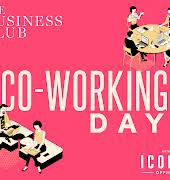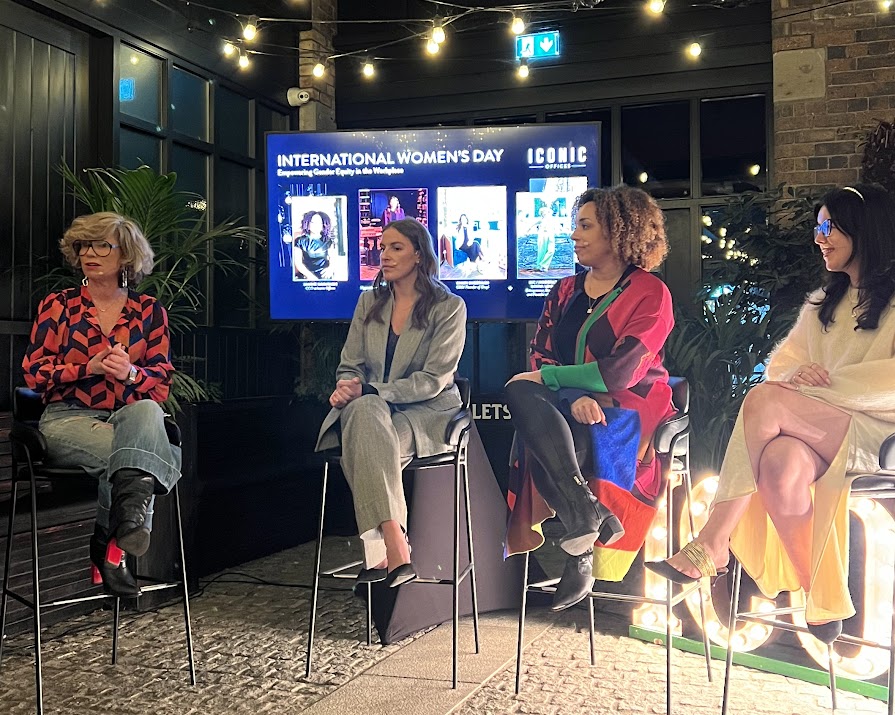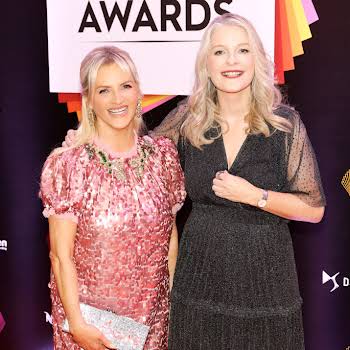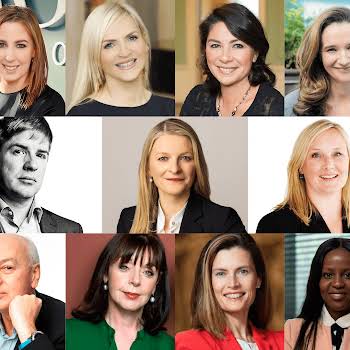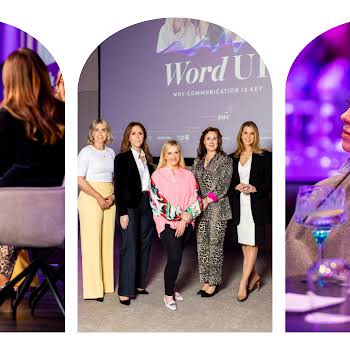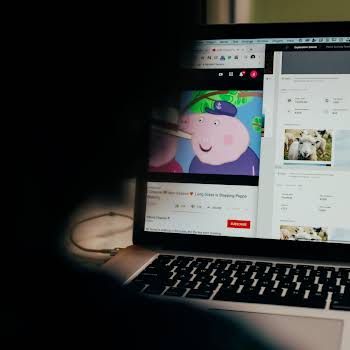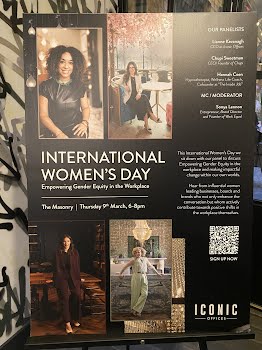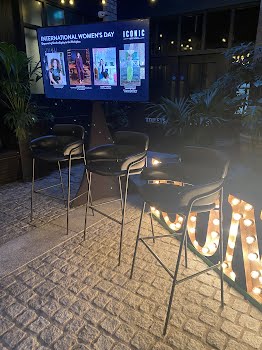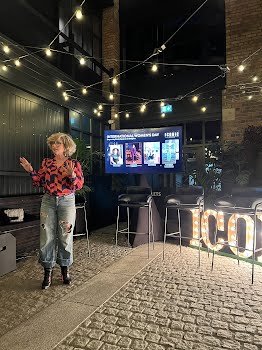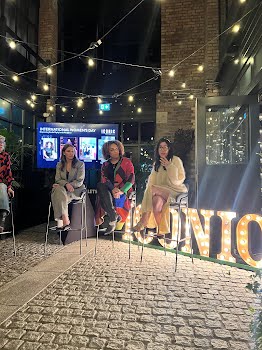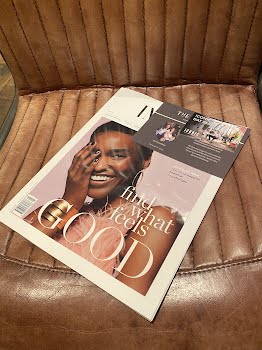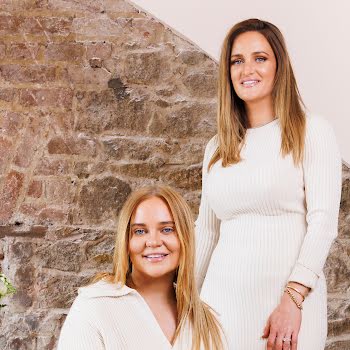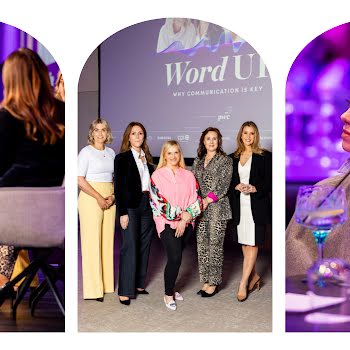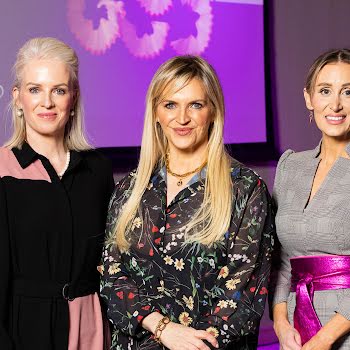
10 things I learned about gender equity at Iconic Offices’ IWD event
By Shayna Sappington
10th Mar 2023
10th Mar 2023
"You can’t fight the tide as an individual. Leaders have a responsibility to fight against the structures that are no longer suitable."
Last night, Iconic Offices hosted their highly anticipated International Women’s Day (IWD) event – Empowering Gender Equity in the Workplace – at their beautiful building in Dublin, The Masonry. The crowd gathered in the picturesque courtyard, covered with a glass roof and decorated with lovely string lighting and gorgeous greenery. We helped ourselves to tasty canapés and G&Ts and settled into our seats for the evening event.
The agenda included a passionate panel discussion, moderated by Sonya Lennon, entrepreneur, board director and founder of Work Equal, who provide targeted services to help women re-enter the workplace. On the panel were Lianne Kavanagh, CCO of Iconic Offices, Hannah Coen, hypnotherapist, wellness life coach and co-founder of The Inside Job, and Chupi Sweetman, CEO and founder of Chupi.
“I’ve decided we’re celebrating IWD month because one day is not enough for us women,” opened Sonya with a chuckle. And with a panel of strong, accomplished women beside her, she couldn’t be more right. So, without further ado, here are 10 things I learned on the night…

1. Gender equality vs gender equity
Sonya Lennon is a wealth of knowledge and a true gender advocate when it comes to discussing gender equality in the workplace. Gender equality, she explained, is giving women the tools they need to progress, but gender equity is taking away the barriers to progression. So, this evening’s focus was on what those barriers were and how we can remove them from our career paths.
2. Naming employee resource groups (ERGs)
Many businesses have employee resource groups for those with shared characteristics or experiences, which can be a fantastic way to create communities and enhance career development. But we should remove identities from these group names, urged Sonya. Seventy-four per cent of both men and women believe that closing the gender pay gap should be a priority for the government and employers. So, instead of calling ERGs ‘the women’s group’, we should call them ‘the groups for transformational change’, so that allies can be part of the conversation.
3. Four pillars of change
When it comes to enacting change and believing in yourself, there are four pillars we should follow, said Sonya – 1) greater ambition, 2) courage to change, 3) support with accountability and structure, and 4) self-belief. “Raise your hand if you’re good at your job,” Sonya urged. “Now, everyone who didn’t raise their hand, I’m going to give you a second chance.” The workplace is so competitive, especially for women, that we should be confident in the fact that we have our job because we deserve it and are excellent at it.

4. Start with awareness
We have 70,000 thoughts a day, and 80% of those are negative, said Hannah Coen. Our top ten abiding thoughts drive our reality, so it’s pertinent that we are first aware of the thoughts we are having, and then try to replace them with positive affirmations. We’re constantly telling ourselves stories – “I’m not good enough” or “everyone knows I’m an imposter” – but these are just that, stories we make up. It’s time to rewrite these stories and rewire our subconscious minds, whether it’s an uplifting sticky note on the bathroom mirror or touching base with an inspiring community of female friends.
5. You don’t have to choose between a family and a career
Lianne Kavanagh has been with Iconic Offices for seven years, working her way up the ranks to chief commercial officer, and she started her family simultaneously. Lianne said, “With my generation, born in the ’80s and raised in the ’90s, there is a societal expectation to have a career-first approach to our lives. These pressures have created barriers for women in this generation and the narrative needs to change.” In Lianne’s case, she wanted to have both. It wasn’t easy, but having the belief that she could and working for a company that empowered her to do so gave her the confidence to go for it.
6. We need structural change, not just individual
In a Harvard study, they created a gender utopian MBA programme with 50% men and 50% women with gender-equitable courses and learnings, and they followed the students’ career progression over ten years, said Sonya. They found that these next-generation equitable beings had sunk themselves into the levels of the cultures they found themselves in. Thus, you can’t fight the tide as an individual. Leaders have a responsibility to fight against the structures that are no longer suitable.
7. We should be asking men to ‘women up’
Research shows that when you look at the concept of inclusive leadership, that requires leaning into the so-called “feminine traits” of leadership: vulnerability, listening, empathy and compassion, continued Sonya. So, rather than asking women to “man up”, we should be asking men to “women up” and create a more hospitable working environment for everybody. That’s why it’s really important that we bring men on this journey of change with us.

8. Vote with your feet
Chupi Sweetman has been building her business for over 13 years (they’re celebrating their 10th anniversary this year), and despite her hard work, knowledge and role as CEO and founder, she still encounters discrimination. She opened up about a recent experience where she went into a fundraising meeting with her male CFO, Donal, at her side, and at the end of the meeting, one of the team members shook her CFO’s hand and said: “Donal, you’ve built a beautiful business; you should be so proud”. Chupi’s business decided not to move forward with that partnership.
You change where you can, said Chupi, but there are some rooms where you just walk out. Don’t be afraid to choose the best partner for your business and walk away from the others.
9. Advice for female entrepreneurs
We were an overnight success that took 13 years, said Chupi. The problem with social media is that it’s easy to compare your rate of growth and success to others and it gives a false impression. Stay focused on yourself – have a dream and have a year-by-year plan to execute that dream. You’ll have setbacks and bumps in the road, added Hannah, but once you’ve got your vision, just hold on to that and don’t quit.
Finally, staying organised is key to success, said Lianne. Since becoming a mum, I’ve developed deep organisational skills because every minute I’m not at home costs money. Make lists and schedule time for yourself to reset because organising yourself and organising your mind is important.
10. Imposter syndrome (AKA ‘the growth zone’)
Chupi shared about her career journey – she started her design job with Topshop while she was still in university and faced imposter syndrome for the following six years. “I was alone,” she said, “so it was easy to feel like I didn’t know what I was doing.” You don’t realise that everyone else feels the same way because we don’t often share our stories. Chupi was able to overcome this at 32 years old after joining a community of peers and having a space to voice her concerns to those who were going through the same experience.
“We need to rename imposter syndrome ‘the growth zone’,” commented Sonya. “Change and growth are hard and it’s that same feeling as imposter syndrome.”
“If you ever tell yourself ‘I can’t do something’,” added Hannah, “rewire the phrase to ‘I must do it’ or ‘I can do it’ and find a way to break through.”

